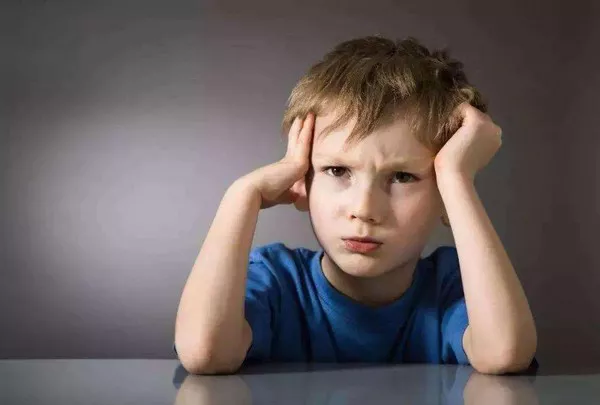As students resume classes after the January break, mental health experts are urging heightened awareness of potential signs of self-harm, citing the stress and unhealthy coping mechanisms that may arise during the return to academic routines.
Amy Marsman, Senior Research Analyst at the Wisconsin Office of Children’s Mental Health, emphasized the impact of academic stress, social pressures, and broader societal issues on the mental health of students up to the age of 26. Notably, among the college-age population (18-25), 37 percent report anxiety, depression, and mental health challenges, struggling with effective coping skills.
Self-harm, defined as the intentional hurting of oneself through methods such as cutting, burning, hitting, overdosing, or poisoning, emerges as one of the concerning coping mechanisms. While non-fatal, it can lead to hospitalization.
Marsman pointed out that instances of self-harm tend to spike in September and January, corresponding with students returning from school breaks. In September 2022, there was a 40 percent spike in youth engaging in self-harm, and in September 2023, a smaller but still notable increase of 14 percent was reported. Recognizing signs of self-harm is crucial, with indicators including increased secrecy, withdrawal from friends and family, prolonged periods of isolation or sleep, and efforts to conceal self-harm through clothing or accessories.
To address concerns, various resources are available, including those provided by the Wisconsin Department of Health Services and local school districts. Christi Watkinson, Director of Student Services at the Eau Claire Area School District, highlighted their People Services Department, comprising school psychologists, social workers, and counselors across all buildings. Additionally, partnerships with Community Resources have enabled the provision of school-based mental health options, with 13 professionals offering support within the district.
Marsman also emphasized the importance of the 9-8-8 hotline, a confidential resource available 24/7 for anyone seeking assistance. Parents concerned about their children’s mental health can call or text 9-8-8 for confidential support. The collective effort aims to raise awareness, provide resources, and foster a supportive environment for individuals grappling with mental health challenges following school breaks.





















